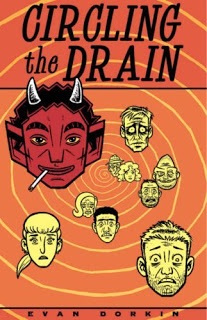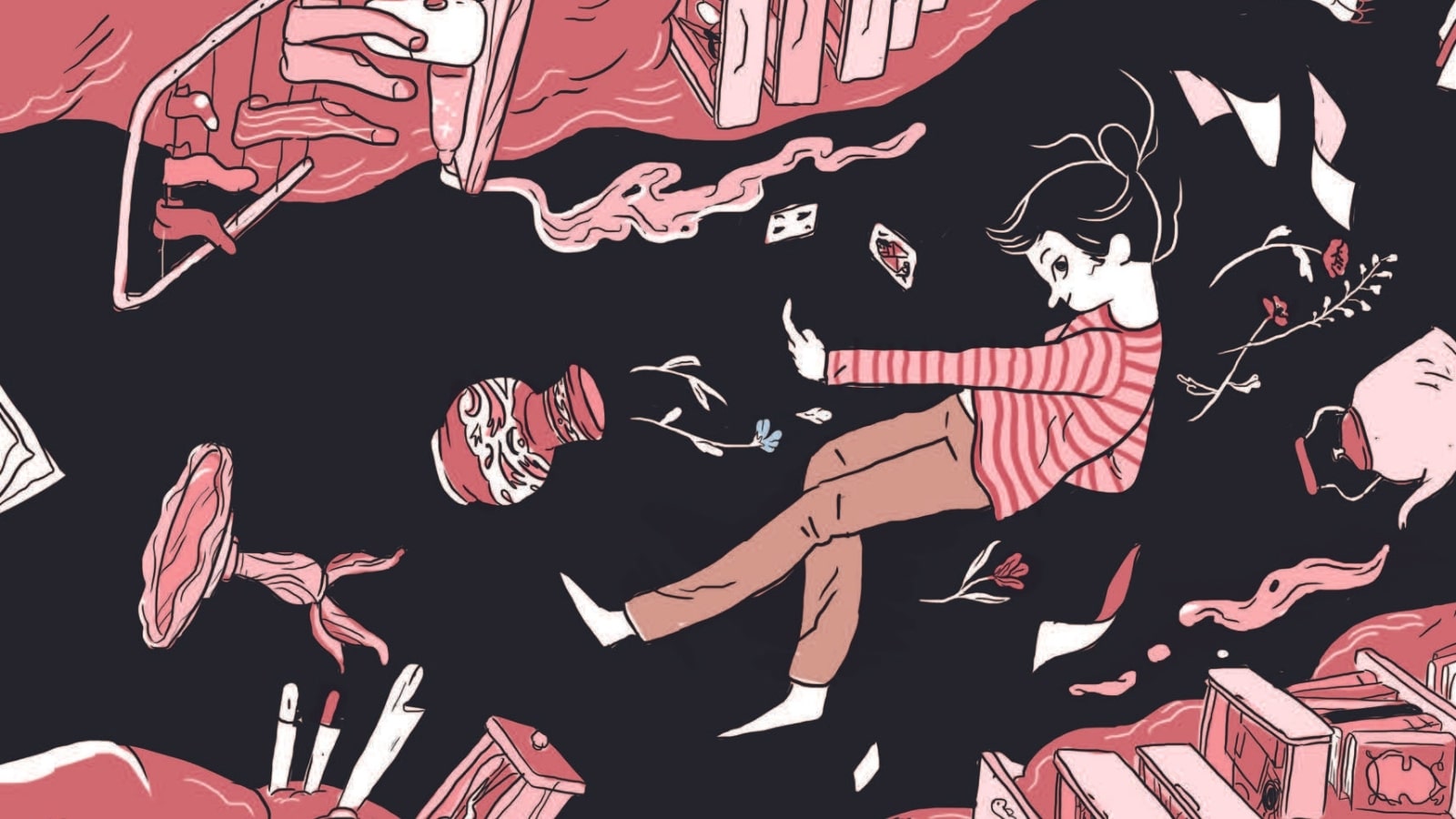A few weeks ago on his “Ask me anything” on Tumblr, Warren Ellis gave his Herc Hansen version of how to keep working on creative projects speech. Over on Brian Blackmon’s Neptune City, Saturn Town tumblr he’s asking cartoonists about how to deal with rejection, and Evan Dorkin—who set a record for self-deprecation sometime in 1996—gives a lengthier rundown. This is one of those “you must read the whole thing” posts: Dorkin is an eloquent writer who understands the all the levels of hope and despair that throwing your children into the marketplace can lead to, and the level of professionalism it takes to stay the course:
If you let rejection bury you, or let it eat at you, you’ll find it harder to work and live and relax. The opinion of others is just that, an opinion. Some opinions are knee-jerk, some are reactionary, some are wrong and some are nuanced and come from a more expert point of view. You can learn from the latter. You have to learn to reject the bullsh#t people fling to sound cool or funny or even cruel, and take away any lessons you can from actual constructive criticism. And you have to understand that you can’t please everyone, and you shouldn’t even try. You need to do the work you need to do and want to do, the way you choose to do it. That choice should be considered and shouldn’t bend to what other people say if it doesn’t speak to you. If you want to draw people with cat heads, readers might say “WTF?”, but if that’s what you want to do, go with it. Just understand it might not be accepted by a lot of folks. Otherwise, you’re here to make your work, not make work for acceptance (not counting actual commissioned work — if they want a drawing of a truck, you don’t draw a ferret). Bowing to pressure will make you as miserable as being rejected might. Steer your own course and stay the course.
Erik Larsen also has his take on rejection at the site; it’s a great topic and hopefully Blackmon will collect some more thoughts.








Great reading, especially Dorkin’s. He takes the time to explain himself.
My own take is that you ARE going to experience rejection, so get used to it. Try to make sense of the rejection, and if possible, get the person to explain why your work is not good enough. If you ask honestly, and the person sees that you are GENUINELY trying to improve (assuming that’s the reason your work was rejected) your work, most people will take a MOMENT (only) to guide you. That’s been my experience, earned one rejection at a time for the past (startling number of) years.
I have learned a lot from my critics.
Comments are closed.